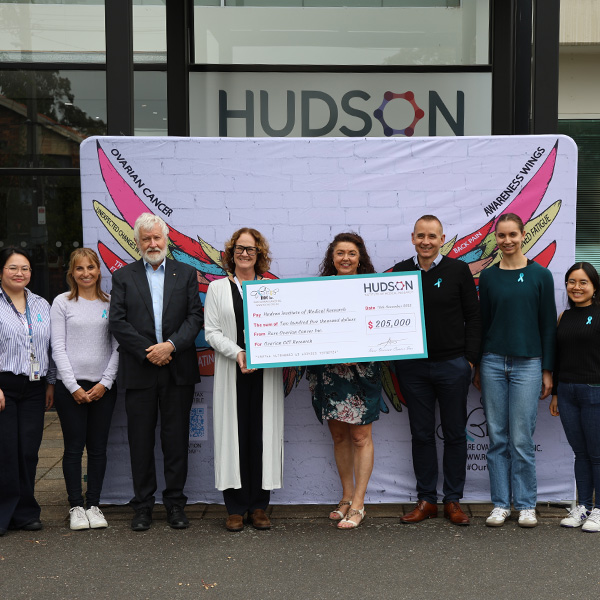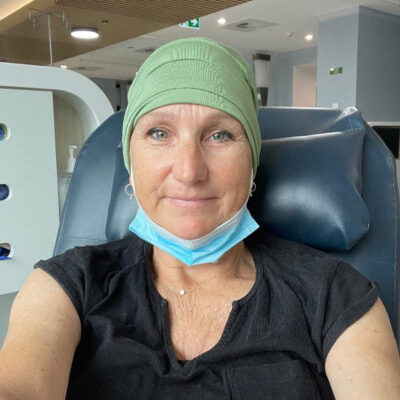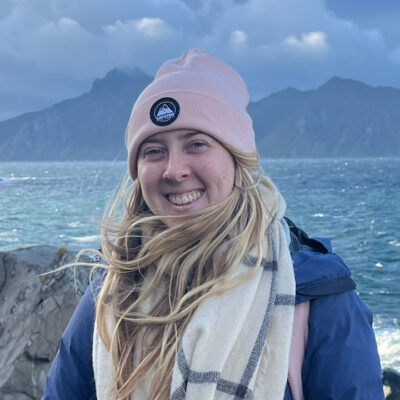Key differences in tumours could help tackle ovarian cancer recurrence
By Hudson Institute communications
A new study by Hudson Institute of Medical Research and Fiona Elsey Cancer Research Institute scientists has uncovered important differences between pre- and post- chemotherapy ovarian cancer tumours that may be used to better tackle chemotherapy resistance.
The findings of the study, led by Professor Nuzhat Ahmed, Hudson Institute of Medical Research and Fiona Elsey Cancer Research Institute, Ballarat in collaboration with Professor Jock Findlay and Ruth Escalona at Hudson Institute of Medical Research, has just been published in the journal, Scientific Reports.
Around 80 per cent of ovarian cancer patients who are diagnosed at an advanced stage have complete remission after initial surgery and chemotherapy. However, 60-80 per cent of all patients die in less than five years due to regrowth of residual chemoresistant cells, leading to episodes of recurrences.
The study compared purified tumour cells from ovarian cancer patients, taken before and after chemotherapy. The researchers uncovered significant differences in the make-up of these cells, ranging from DNA repair mechanisms to the proteins they create for immune regulation as well as energy metabolism. Work in Hudson Institute of Medical Research and Fiona Elsey Cancer Research laboratories will seek to understand how these key changes impact on the spread of ovarian cancer, chemoresistance and subsequent recurrences. The researchers believe understanding these mechanisms may lead to better treatment outcomes for ovarian cancer patients.
“This is the first study to comprehensively analyse proteins in populations of tumour cells obtained from ovarian cancer patients, both pre- and post- chemotherapy,” Prof Findlay, Distinguished Scientist at Hudson Institute of Medical Research, said.
“We hope this study will provide unique targets to help us to better prevent the recurrence of this disease, which claims the lives of 1040 Australian women each year,” he said.
The study was funded by Ovarian Cancer Research Foundation (OCRF), Melbourne, Australia.
About Hudson Institute
Hudson Institute’ s research programs deliver in three areas of medical need – inflammation, cancer, women’s and newborn health. More
Hudson News
Get the inside view on discoveries and patient stories
“Thank you Hudson Institute researchers. Your work brings such hope to all women with ovarian cancer knowing that potentially women in the future won't have to go through what we have!”








